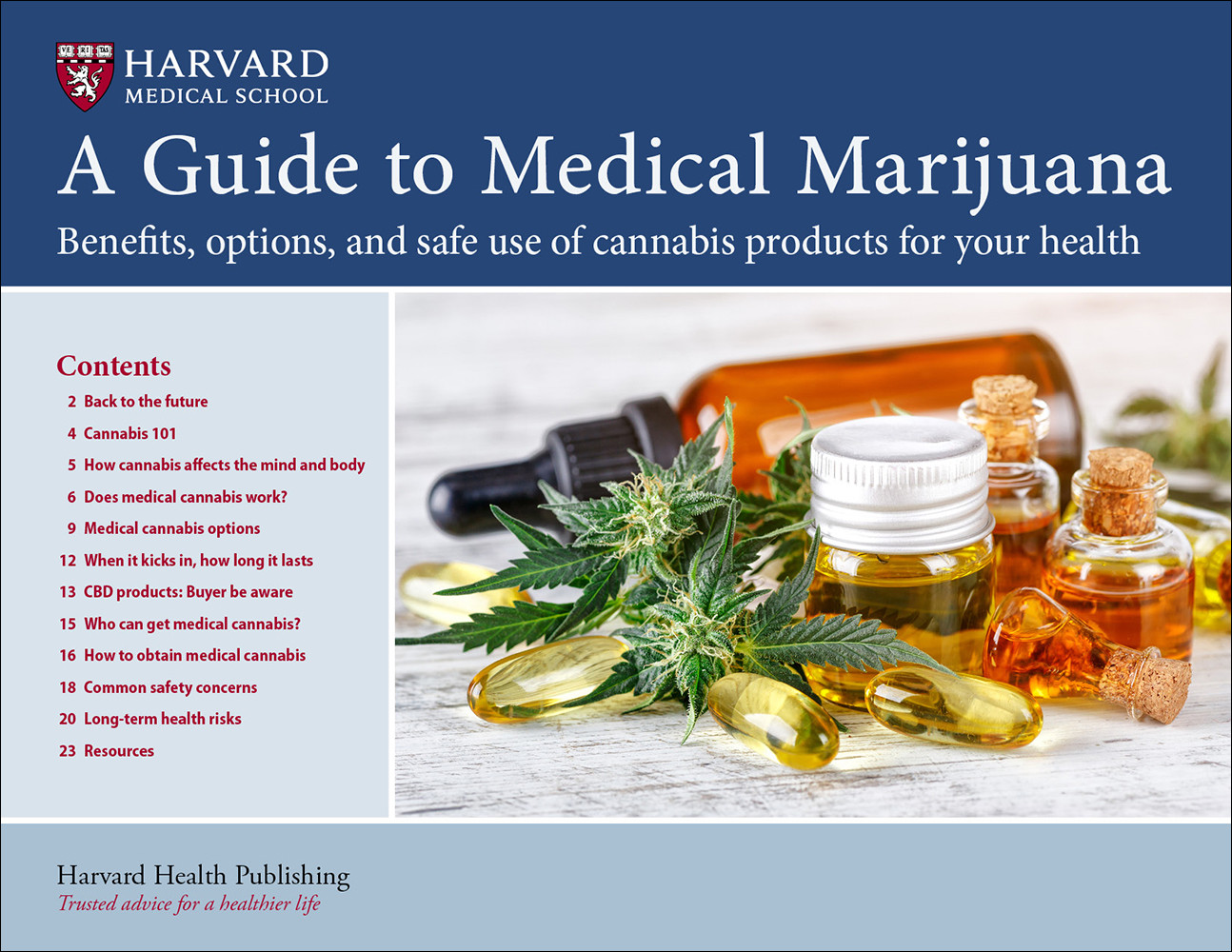How to obtain medical cannabis
If you want to get permission to legally use medical cannabis under a medical marijuana program, it’s important to fully understand the terms of your state’s medical marijuana law or program. Whether you can access medical cannabis depends on what state you live in. The following information applies specifically to cannabis products obtained under state medical marijuana programs—not to hemp-derived (mostly CBD) products for sale online and in the general marketplace.
Comprehensive programs provide patients with legal protections, practical access to a variety of cannabis preparations, a variety of ways to administer cannabis products, and ongoing, public access to the program.
An additional 15 states have restricted, noncomprehensive programs. Many of these provide access to only low-THC, high-CBD cannabis preparations— for example, to treat seizures.
The National Conference of State Legislatures website maintains a list of state programs with links to the text of the laws themselves. It’s a good place to start educating yourself about medical marijuana laws: www.ncsl.org/ research/health/state-medical-marijuana-laws.aspx. Your state, if it has a medical marijuana law, may also have online information about the program. Following are some of the fundamentals of state medical cannabis laws and programs.
Certification
Doctors cannot “prescribe” cannabinoid-based products unless they are in the form of one of the four FDA-approved pharmaceuticals. Instead, a health care provider “certifies” you to legally obtain and use medical cannabis. In some states, this may be called getting authorization or a recommendation.
The person providing certification is usually a physician (M.D. or D.O.), who confirms that you have a qualifying condition—a health problem with symptoms that could, hypothetically, be alleviated by cannabis. You’ll probably need it in writing, but some states allow oral consent.
Other health care professionals who can certify in certain states include physician assistants, nurse practitioners, registered nurses, naturopaths, dentists, podiatrists, and nurse midwives. Some states also require a registered pharmacist to be at dispensaries to advise people on the appropriate cannabis preparation and delivery method for their qualifying conditions. You don’t necessarily have to get certified by your usual doctor. In fact, most primary care providers in the United States don’t offer this service. But you can also find physicians who specialize in providing access to medical cannabis. You may see them referred to as “marijuana doctors” or “medical marijuana clinics.”
Registration
States require you to be on an official list, or registry, as a certified medical cannabis user. You may be required to obtain a physical card. Or you may need to be added to a database that medical cannabis providers can check. You will probably pay a fee for registration, typically good for one year.
Caregiver access
Medical cannabis laws allow you to designate a primary caregiver. This person is an adult who acts as an intermediary to buy, deliver, and/or administer medical cannabis to certified patients. A caregiver can also grow the cannabis, or help the patient to do it. It can be a family member or friend, but is often a home health care provider or other medical professional.
Where you buy it
Some states allow privately run, for-profit cannabis dispensaries— brick-and-mortar facilities where a certified patient or caretaker can enter and buy products. You generally need to prove that you are certified to enter.
In other states, only nonprofit dispensaries are permitted. Or the state may allow people to obtain medical cannabis from nonprofit “collectives” in which multiple patients band together to produce and provide cannabis to themselves.
Some states allow patients to cultivate a limited number of cannabis plants for medical use.
State laws vary on how much cannabis you can possess at any given time. They may specify either actual ounces of products, an amount to last a certain period (often one month), or a limited number of living plants in cultivation.
Hemp-based products
You do not need to obtain certification to buy and use legally available hemp-based products containing CBD. But always keep in mind that these products are not (yet) regulated for purity and potency. In contrast, most states require that medical cannabis products sold in dispensaries undergo testing.













